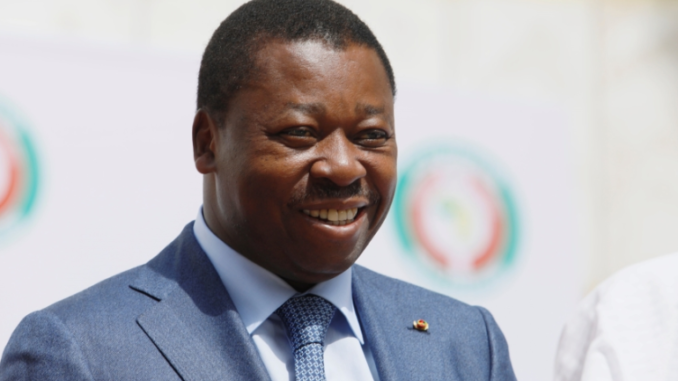
Togo’s legislative body has ratified a revised constitution, signaling a transition from a presidential to a parliamentary governance structure. This significant alteration redistributes executive authority, with the prime minister assuming a more prominent role, while relegating the presidency to a symbolic position. Under the amended framework, the president will no longer be directly elected by the public but instead appointed by parliament to serve a solitary six-year term.
The approval process for this constitutional overhaul was nearly unanimous, reflecting the limited representation of opposition parties in Togo’s parliament. With only one dissenting vote and one abstention, the amendment sailed through legislative channels. However, the timing of its implementation remains uncertain, particularly concerning the impending regional and legislative elections scheduled for the following month.
Notably, this constitutional revision follows an earlier 2019 amendment imposing a two-term limit on the presidency. Despite this constraint, President Faure Gnassingbé, who has held office since 2005, remains eligible to contest two additional terms due to the non-retroactive nature of the amendment.
The shift towards a parliamentary system marks a significant departure from Togo’s previous governance model and carries implications for the distribution of power within the political landscape. While the precise ramifications of this transition remain to be seen, it underscores Togo’s ongoing efforts to adapt its political structures and foster democratic principles within the nation.
